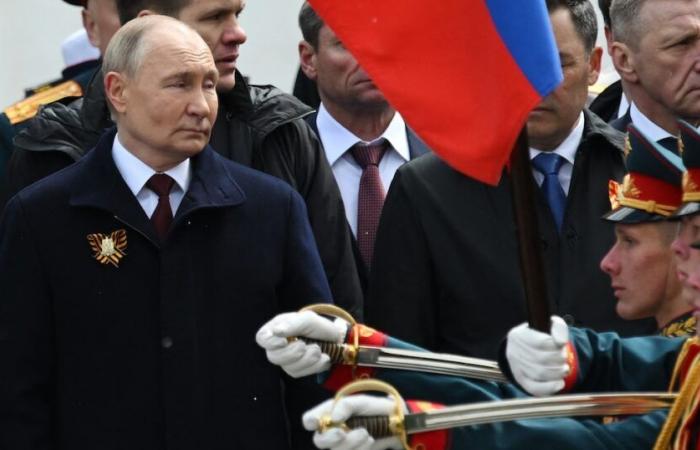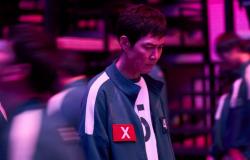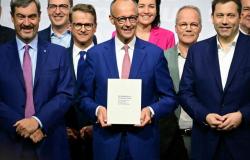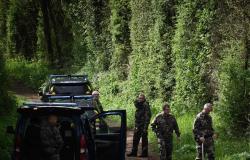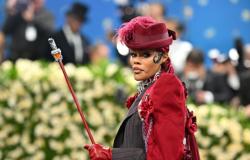It is a particularly political historical celebration. This May 9, Russia will depict its army and its military power with great fanfare, for the 80th anniversary of the victory of the Allies against Nazi Germany, on May 9, 1945. Replaced in the current context, these commemorations are at the heart of the patriotic story of the Kremlin, which ensures that the conflict in progress against Ukraine is an extension of that against Nazi Germany.
Read also: Robert Person: “Any diplomatic solution between Russia and Ukraine is Today illusory”
Despite the European Union warnings, around twenty world leaders will still go to the parade which will take place in the Red Square of Moscow, including relatives of the EU.
Xi Jinping diplomatic demonstration
Among the largest diplomatic force demonstrations in the event, the presence of Chinese president Xi Jinping was confirmed on Sunday, May 4. This visit, which illustrates the increasingly strong alliance between Russia and China, also comes in full commercial confrontation between Beijing and Washington. One of the Chinese spokespersons recalled before the conference that Beijing and Moscow had made “gigantic sacrifices” to overcome the axis during the Second World War.
In a press release, the Russian presidency indicates that Xi Jinping will also participate in bilateral discussions on the “development of global partnership and strategic interaction relations” and on “current problems on the international and regional agenda”. China presents itself as a neutral part and a potential mediator of the conflict in Ukraine, but it remains a political and economic ally of Russia, to the point that Westerners have described it as “decisive facilitator” of the Russian assault – which Beijing has never condemned.
Read also: “Putin no longer needs gray eminence”: the Sourkov system deciphered by Andreï Pertsev
Several traditional Moscow allies will also be present. Among them, Brazilian President Lula da Silva. If Brazil is not a military ally, he generally maintains a neutral position with regard to conflicts involving Russia, for the good of their narrow economic relations within the framework of the BRICS group (Brazil, Russia, India, China, South Africa). The same goes for India, which will be represented by its minister of Defense Rajnath Singh. Presidents of Kazakhstan, Belarus, Cuba or Venezuela will also be present.
Slovakia and Serbia ignore the orders of Brussels
On the European side, Brussels had firmly warned his opposition to the presence of representatives of the member countries of the 27 in the Moscow parade. “Any participation in the parades or in the celebrations of May 9 in Moscow will not be taken lightly on the European side, since Russia really waged a large-scale war in Europe,” said the Kaja Kallas diplomacy in mid-April. A strong incentive that the Slovak President Robert Fico chose to ignore. “I would like to inform you that I am the legitimate prime minister of Slovakia, a sovereign country. No one can go and go and go and go,” he lambasted in a statement. Sulfurous character, the leader is known for his increasingly exacerbated connections with the Kremlin.
Non-member of the European Union but at the head of a country candidate for his membership since 2012, Serbian President Aleksandar Vucic announced last Thursday that he would also take part in Russian celebrations, as he had promised Vladimir Putin eight months ago during a telephone interview. “My word engages me, speech given not only in the international framework, but also to my people, to everyone. No one else should go there, no one else must pay the price. I will go,” said the Serbian leader, who has not gone to Russia since the invasion of Ukraine in February 2022.
Read also: Agathe Demais, economist: “If Europe does not want to be striking from the card …”
Serbia, the majority of which has been done with the EU, has been playing a fragile balancing number between Brussels and Moscow for almost three years. “Serbia is on the European path and will not leave this European path,” said the Serbian president on Thursday. But Belgrade, who has welcomed hundreds of thousands of Russians since February 2022, almost completely depends on Moscow for its gas supplies, and is currently negotiating a new multi -year gas agreement with Russia. The EU has often expressed concern about Belgrade’s ties with Moscow, and regularly called Serbia to align its foreign and security policy on its own. The political leader of Bosnia Serbs, Milorad Dodik, should also participate in the ceremony.
“No confidence” in the ceasefire proposal
Approaching the date of the event, the Ukrainian president Volodymyr Zelensky said on Sunday that he did not “believe” in the three -day truce proposed during the celebrations by Moscow in order to “test the provision of kyiv to make peace”. “This is not the first challenge, nor the first promises made by Russia of ceasefire … We know who we are dealing with, we do not believe them,” said Zelensky at a press conference. In March, Moscow rejected an unconditional thirty-day ceasefire offered by kyiv and Washington.
Read also: Russian hydrocarbons: Faced with the Putin’s cash machine, the guilty hesitations of Europeans
“Today and throughout the past few days, they are talking about wanting a kind of partial ceasefire, but you should know, for example, that the number of assaults today is the highest in recent months,” said Zelensky, citing a military report which reports more than 200 attacks on Saturday. “So there is no confidence” in them, added the Ukrainian president.

